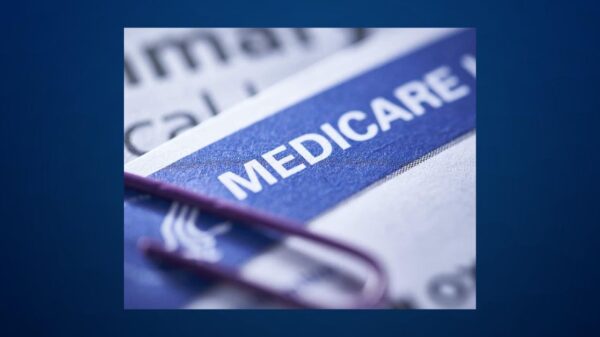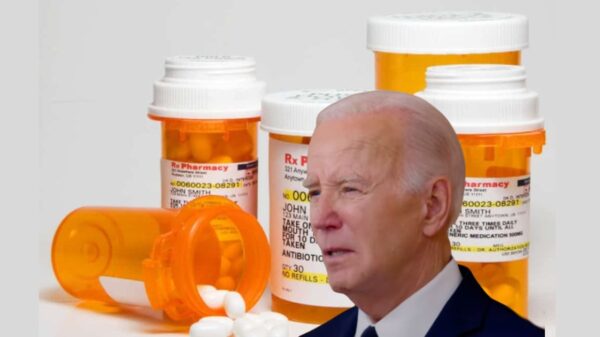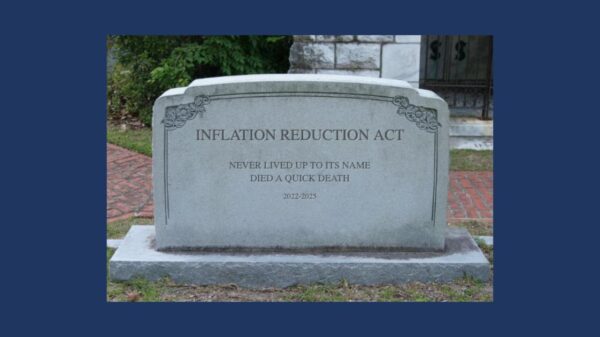After years of disagreement and competing proposals regarding how to resolve the thorny issue of surprise medical bills, Congress finally passed bipartisan legislation at the end of 2020 to fix those charges we get stuck with when we receive medical treatment but our insurance refuses to pay an out-of-network doctor, specialist, or other providers.
As a medical doctor, I was pleased that the No Surprises Act established an independent dispute resolution (IDR) process which encourages resolution between insurance companies and healthcare providers when billing disputes arise. Instead of a patient getting stuck with a bill when a doctor and an insurance company disagree, IDR puts the parties in front of an arbitrator. Both sides get to make their case and the patient is left out of the process. It’s a solution that has worked very well in New York and Texas which have both successfully implemented it.
But not everyone was satisfied.
The health insurance industry spent 2020 waging a lobbying effort against IDR in order to protect their turf. Insurers favored a system where they could set reimbursement rates for out-of-network medical services based on the median of their in-network charges. This would let them drive down reimbursements for in-network providers by forcing them to renegotiate their network agreements. Hospitals and doctors’ offices would be collateral damage, driven out of business – especially in rural or remote areas.
The insurance companies lost their battle in Congress. But now they are attempting an end-run around the legislative process by trying to influence President Joe Biden’s U.S. Department of Health and Human Services (HHS). Passing the No Surprises Act was the first step toward ending surprise medical billing. The next step involves establishing a set of rules to govern the implementation and enforcement of the law.
In other words, even though Congress expressly favored IDR as a solution to surprise medical bills, HHS will have leeway on how to set up critically important details and specifics that will govern how the process works. If the considerations built into the IDR process become distorted to favor insurance companies over doctors and health care providers, it will unravel Congress’ bipartisan effort to create a fair solution.
Worse, it would create a systemic disadvantage for doctors and hospitals at a time when health care providers are still recovering from the economic impact of the COVID-19 pandemic. While heroic frontline medical providers put their lives on the line to take care of the nation during an unprecedented public health emergency, the health care industry suffered drastic reductions in patient demand for more routine, non-emergency, and/or elective medical care.
America’s health care system will rebound economically as patient demand returns, but only if the system ensures that providers receive fair compensation for their efforts. That means that when implementing the No Surprises Act, HHS must conduct a full, thorough, and fair rulemaking process – one that takes to time to solicit the points of view of concerned stakeholders and includes a full 60-day comment period to ensure that frontline clinicians and patients have a chance to make their voices heard.
Soon, HHS will begin the rulemaking process for the No Surprises Act. HHS should adhere to the vision that Congress worked so hard to negotiate and pass– the most efficient and effective way to resolve surprise medical billing disputes is through an even-handed independent dispute resolution system. We cannot expect health care providers to return to full strength if HHS stacks the deck in favor of the insurance industry.
Dr. Miriam Ramirez is an MD based out of Orlando.





















